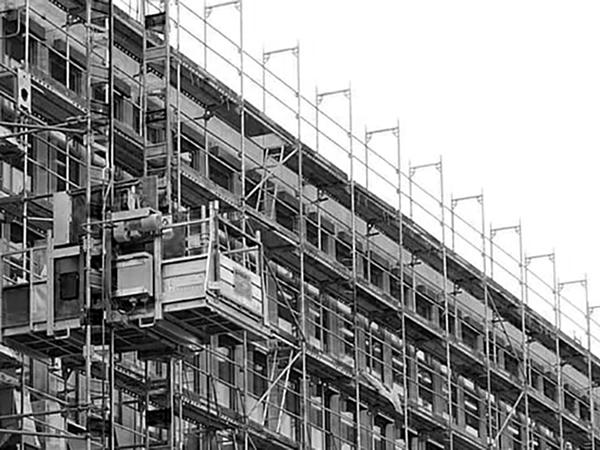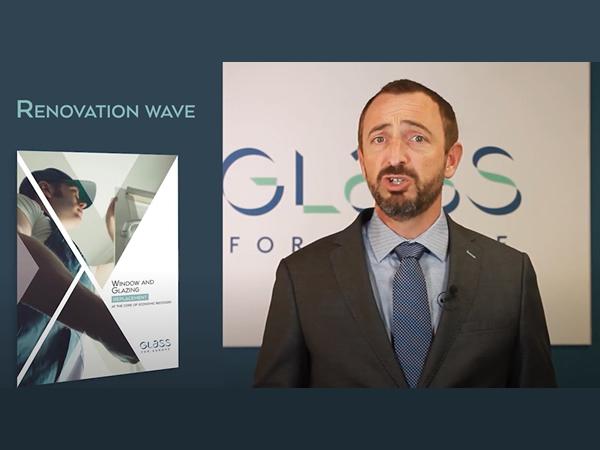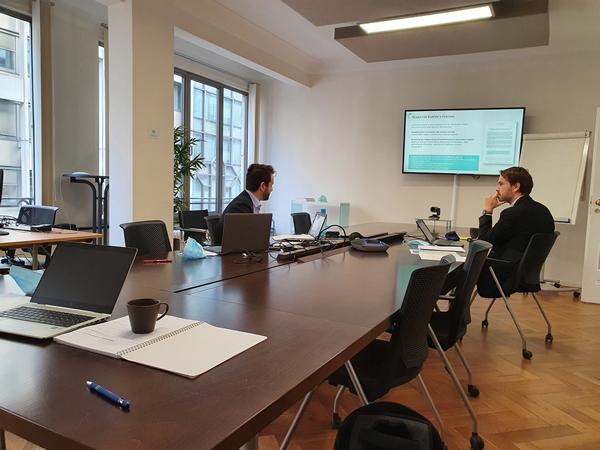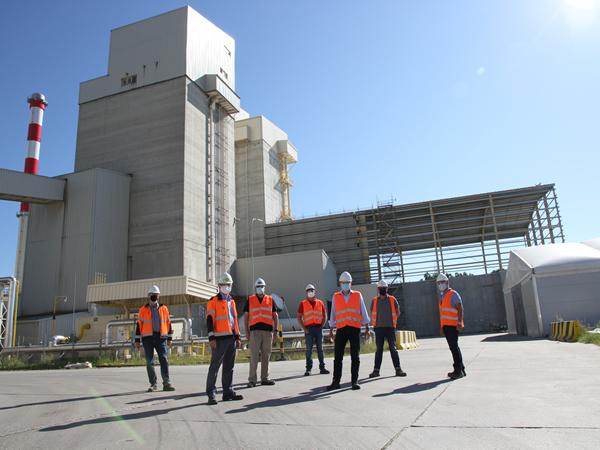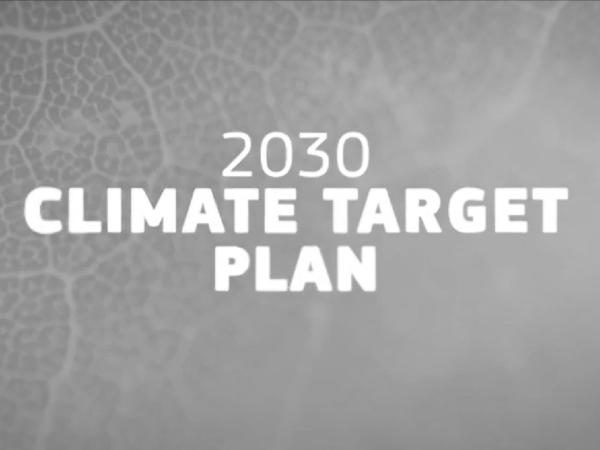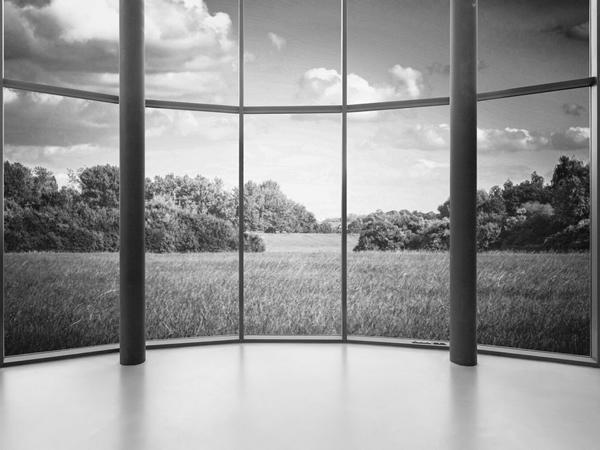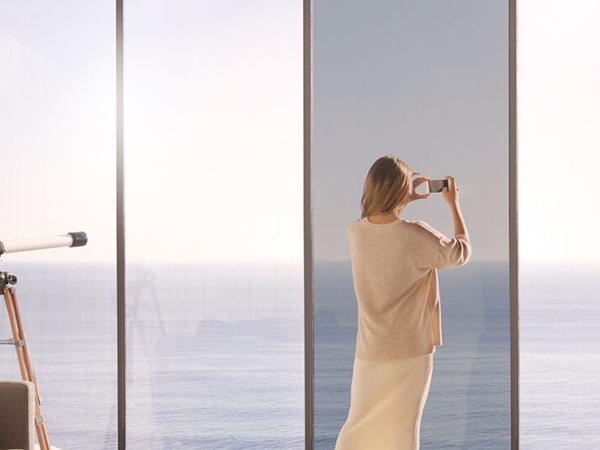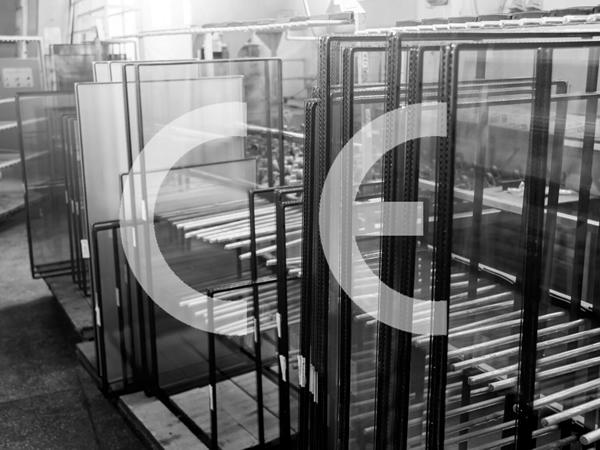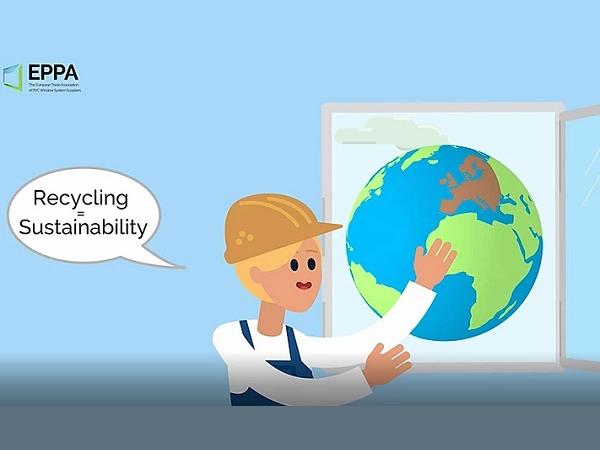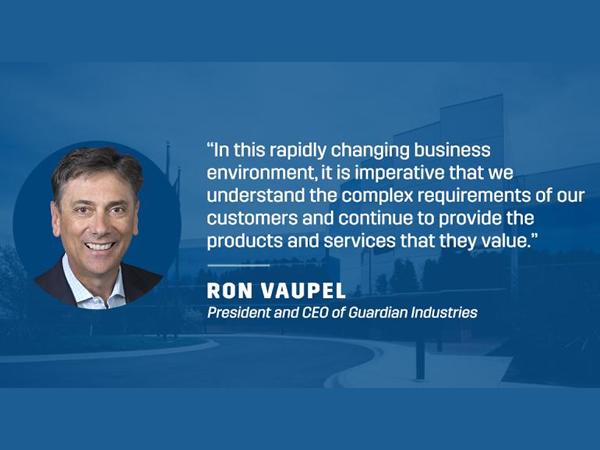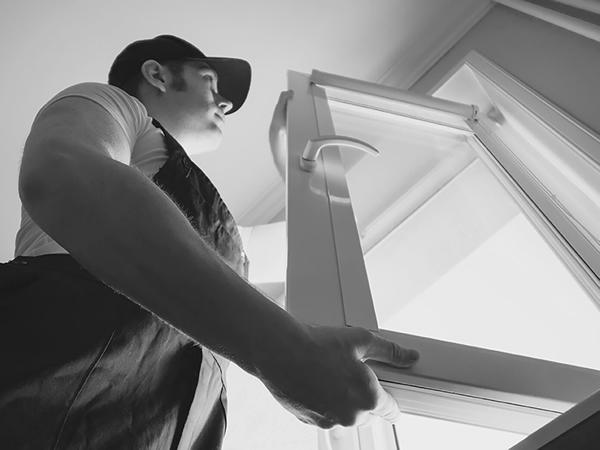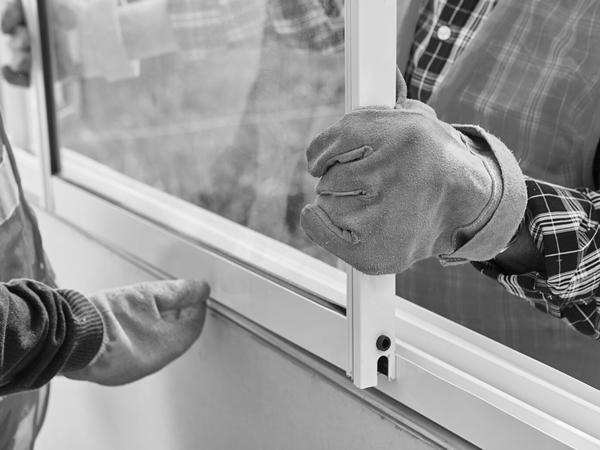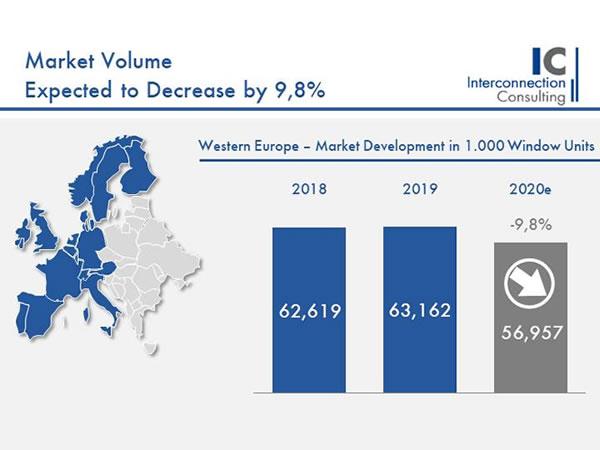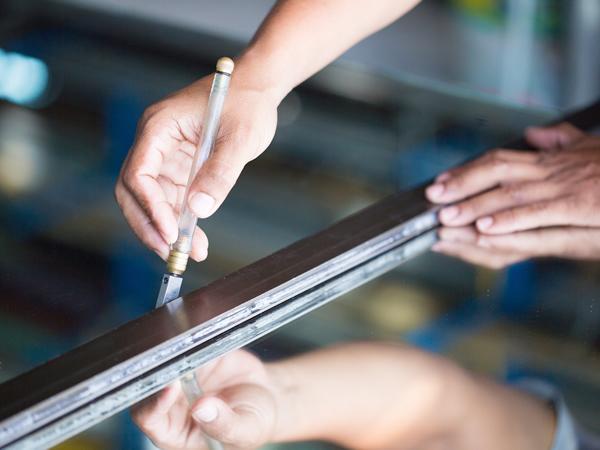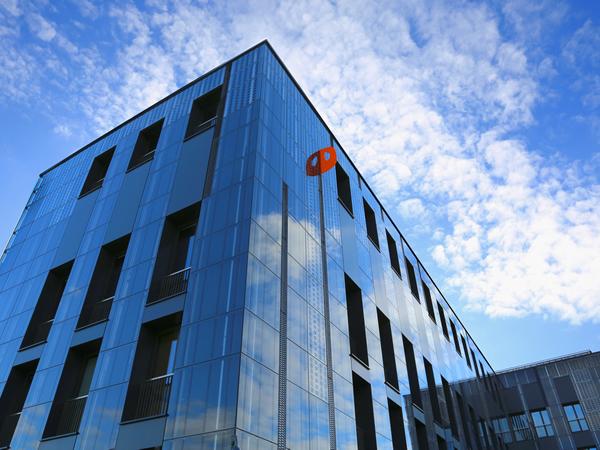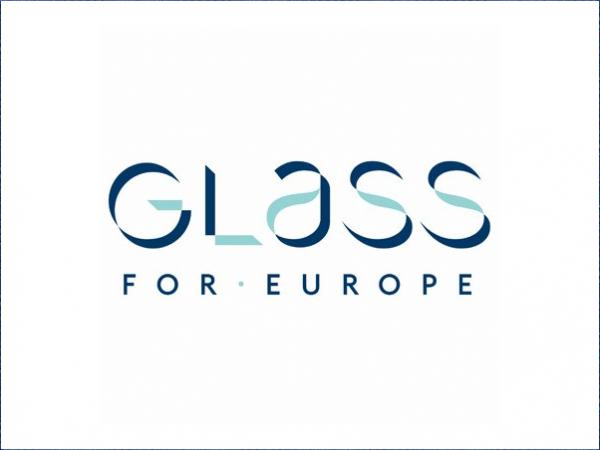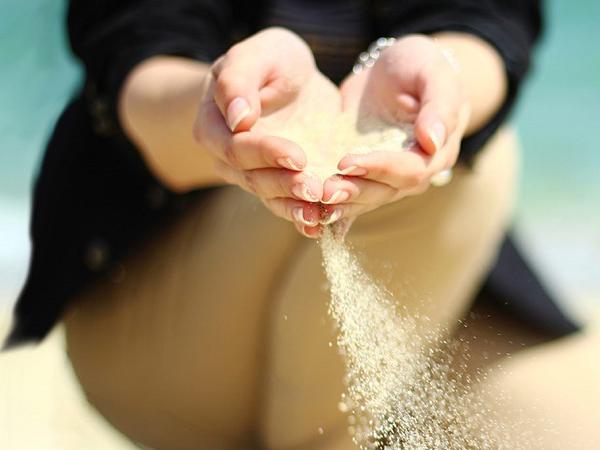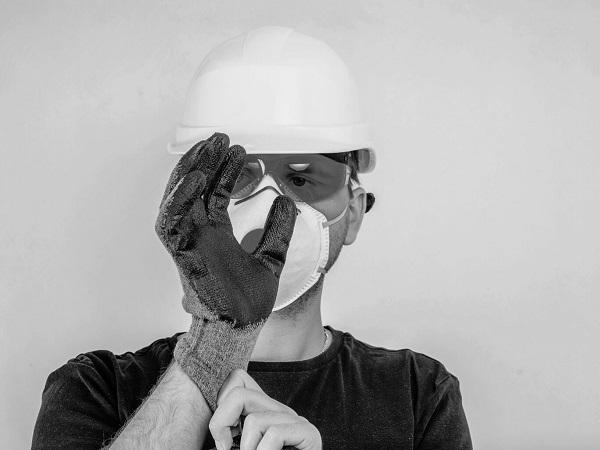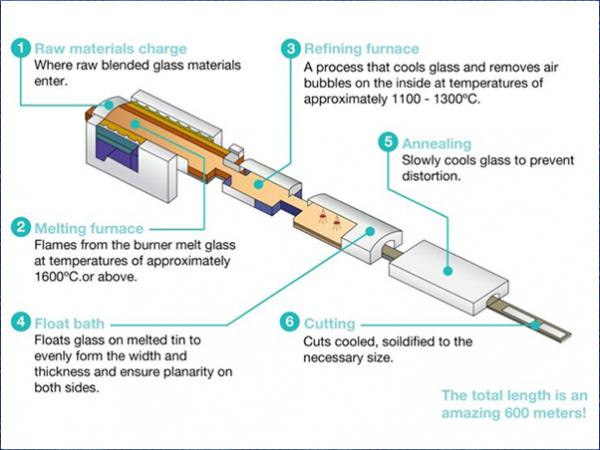Others also read
Glass for Europe joins the call of Renovate Europe to increase the energy performance standards for the renovation of buildings in the taxonomy delegated act.
Soda ash is a key raw material and is used as an additive in the flat glass making process to reduce the melting temperature of the sand used.
By way of the Renovation Wave, the European Commission aims to at least double renovation rates in the next ten years and make sure renovations lead to higher energy efficiency.
On 12 October, the traditional meeting between Glass for Europe and national glass and glazing associations was held for the first time in the format of a web conference.
New, advanced facility will serve growing Eastern Europe demand
In a video statement published in reaction to the climate plan, Glass for Europe calls for concrete actions to take place, particularly when it comes to renovating Europe’s ageing buildings.
Since August 2020, a specific CAS number for soda-lime silicate glass has been created in the CAS registry.
On 31st of August 2020, Glass for Europe answered to the European Commission’s roadmap consultation on environmental product performances’ claims.
By improving its functioning and effectiveness, the CPR (Construction Products Regulation) has the potential to become a driver of sustainability in the building sector and will eventually complete the single market.
What can the European PVC window profile industry do to help reaching the EU climate goals? EPPA and its members, supported by VinylPlus® have the answer.
Ron Vaupel, President and CEO of Guardian Industries, has assumed leadership of the company’s glass business following the departure of Kevin Baird, formerly President and CEO of Guardian Glass.
In the document released today, Glass for Europe calls on Member States to develop specific roadmaps for replacing single and early uncoated double glazing.
Glass for Europe answered to the Consultation on the Renovation Wave initiative for public and private buildings.
Sales in the Western European window market will decrease by 9.8% in 2020 compared to the previous year. This fall in the industry due to the COVID 19 crisis is set to continue unabated in 2021.
As part of the ongoing negotiations on Brexit, the UK and EU are seeking to agree on a Mutual Recognition Agreement (MRA) on conformity assessment covering the results of third-party conformity notified bodies.
While we witness a timid restarting of the economy, the level of activity in flat glass remains low.
This partnership will allow Guardian Glass to offer a complete range of both semi-transparent and opaque BIPV product solutions, that help contribute to Nearly Zero Energy Building (NZEB) regulations.
Glass for Europe answered today to the European Commission consultation on of how to increase the EU 2030 emission reduction ambition.
Setting an EU-wide financial scheme and a dedicated roadmap for replacing old windows is a wise and easy step to make our buildings more energy-efficient and comfortable.
The European flat glass industry welcomes the European Union’s desire to engage in a Renovation Wave of public and private buildings and is ready to deliver the high-performance glazing EU buildings need to become carbon-neutral by 2050.
On 10 March, the European Commission presented a New Industrial Strategy for Europe which Glass for Europe welcomed as a promising start to operationalize the carbon-neutrality agenda.
An EU recovery programme to boost Europe’s industrial base and meet the New Green Deal ambitions.
An exceptional yet essential option to cease production and preserve the industrial equipment.

